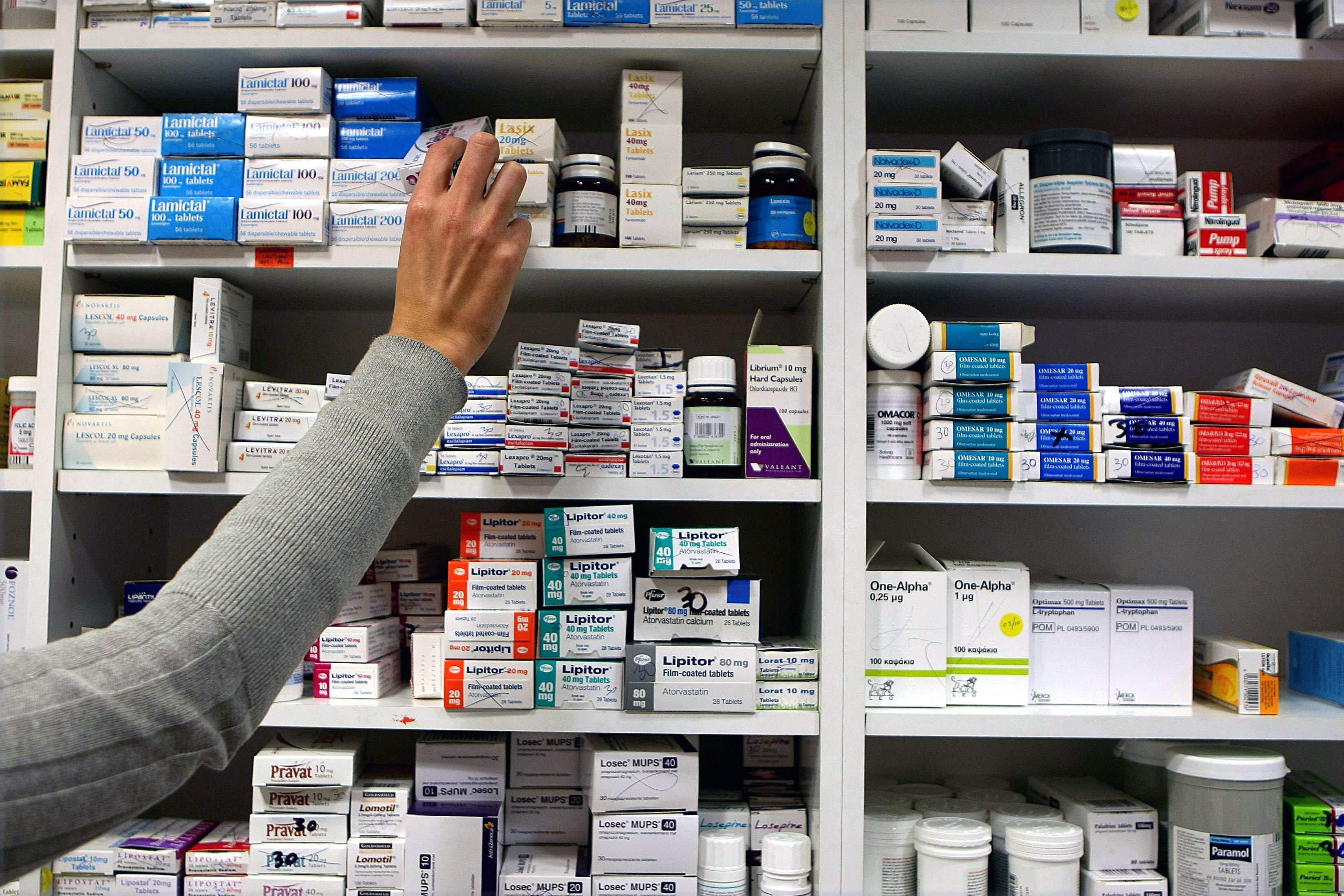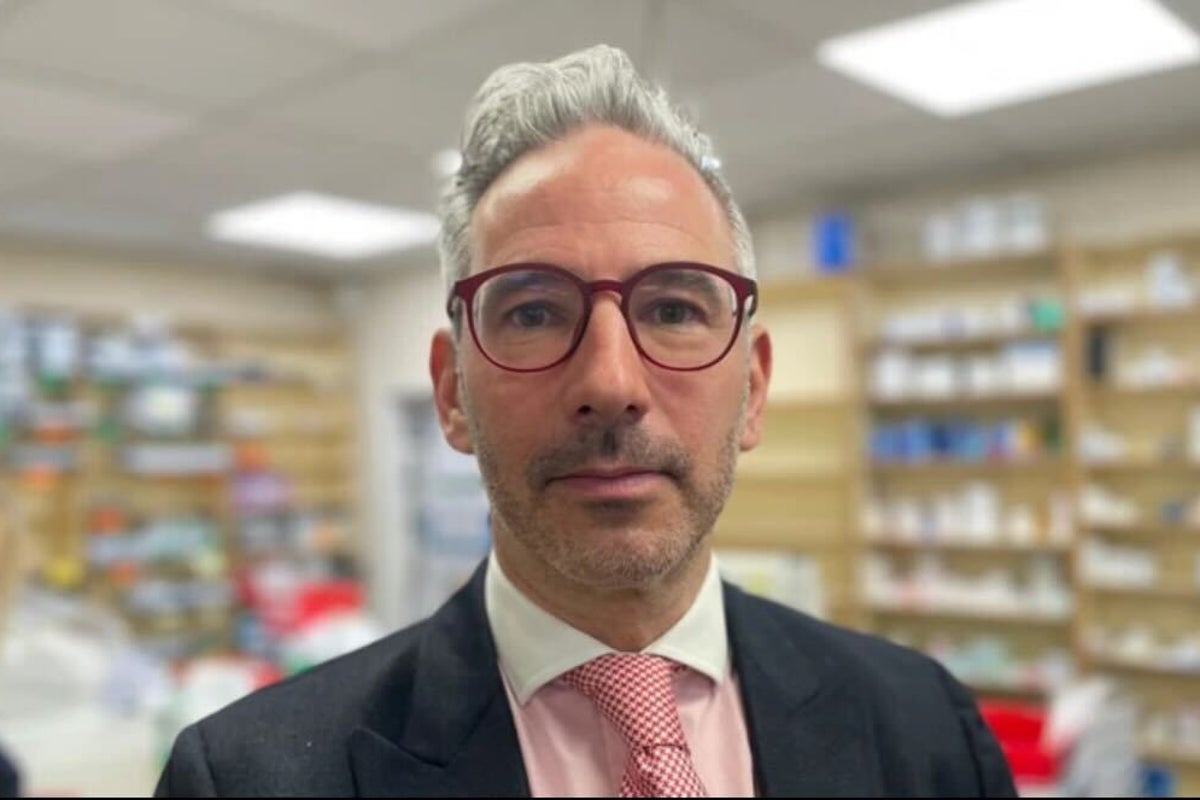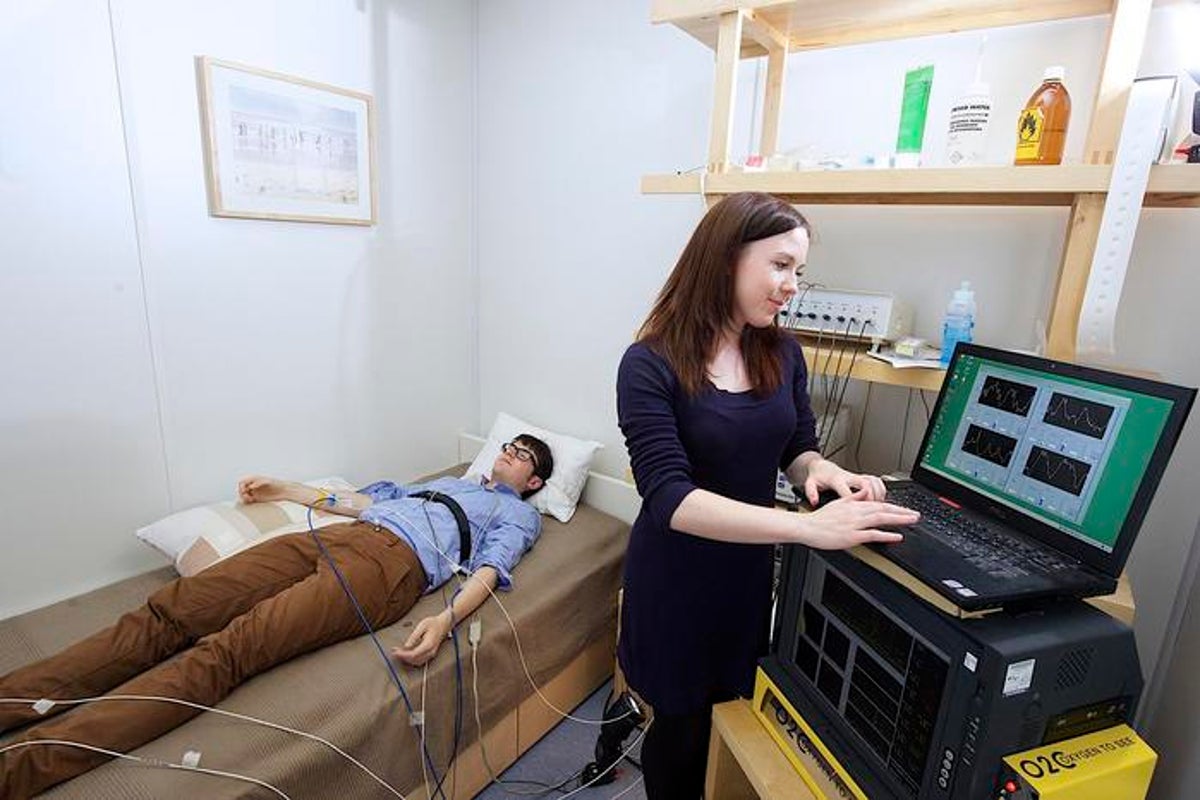Ashley Cohen was left with no option but to take out two loans last year to keep the doors of his three pharmacies open.
“This year alone, I’ve had to borrow an extra £125,000 to keep me going, and that is just for my small group of pharmacies … To meet my responsibilities of staffing and cost pressures that I’ve got in the current financial year,” the Yorkshire-based pharmacist told The Independent.
“There will come a point where I can’t keep borrowing, remortgaging the house, raiding pension pots or putting money into a business or a profession that isn’t being valued. And I might have to, at some point, say the doors have to be closed.”
“I’m on borrowed time, and I’m not the only one,” he added.
Mr Cohen is one of thousands of pharmacists across the UK growing increasingly concerned about the future of the industry after years of funding stagnation.
The government is currently negotiating contracts for 2024/25 and 2025/26 with pharmacists, but there are serious concerns that many won’t be able to continue without a serious injection of cash.
They are also bracing for an April “cliff edge” as the combined increases to the national living wage and national insurance contributions take effect, which the National Pharmacy Association (NPA) estimates will cost pharmacies across the UK a combined £310m.
The NPA’s chair, Nick Kaye, said that comes on top of the 40 per cent cut in real terms to pharmacy funding over the past decade.
“From 1 April there’s going to be a huge increase of liquidity needed. You can’t stay flat for six years and increase national insurance and living wage and deal with everything there is, pharmacies will start running out of cash,” Mr Kaye said.
“Somebody described it to me that the end is coming slowly and all at once, and that starts in April. People will see pharmacies close, and access to medicines and health advice will diminish.”
With the end of the financial year fast approaching, he warned the NPA may be left with “little choice but to recommend collective action” to help the industry survive.
Company Chemists’ Association head of policy Dr Nick Thayer said 90 per cent of pharmacy work was done on behalf of the NHS, but core funding for community pharmacy has fallen in real terms by more than £1bn since 2025/16.
Under the old contract, NHS funding for the pharmacies had remained at £2.6bn since 2017/18 following two years of funding cuts.
It means the fixed amount pharmacies get for dispensing each medication has not increased in nearly 11 years despite the cost of many drugs rising and an increase in overall prescribing in that period, heaping the financial burden on community pharmacies.
“Each pharmacy in England now faces an annual funding shortfall of at least £100,000,” Dr Thayer said.
“We have seen the closure of over 1,200 pharmacies since 2017 – with more closures occurring in more deprived areas.
“We urge the government to address the huge increases in costs pharmacies are facing, such as the increase to national insurance contributions. The sector must be given the funding they require to protect patients’ access to medicines”.

Mr Cohen said without a serious increase in funding, there will be a domino effect of pharmacies closing around the country, as a pharmacy closure puts added pressure on the resources of other nearby pharmacies already struggling to stay above water.
“I think there may become a tsunami of closures,” Mr Cohen said.
Pharmacy is the latest sector to warn of the impact of chancellor Rachel Reeves’s Budget decision to increase employers’ national insurance contributions from the start of the coming financial year.
In the past week alone a Conservative MP warned it could dent frontline police numbers, and a nursery peak body warned that parents could face paying an additional 10 per cent in fees to cover the cost of increased national insurance contributions.
The Chartered Institute of Personnel and Development said the tax hike has also prompted widespread plans to slash hiring and increase redundancies.
A Department of Health and Social Care spokesperson said: “Community pharmacy has a vital role to play as we shift the focus of the NHS out of hospitals and into the community, through our 10-year health plan.
“We will work with the sector, making better use of the skills of pharmacists and pharmacy technicians, to build a service fit for the future, and we are currently consulting with Community Pharmacy England regarding funding.”





